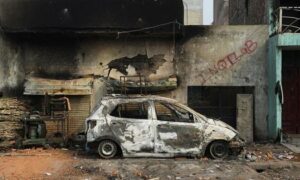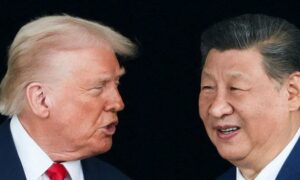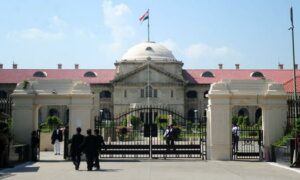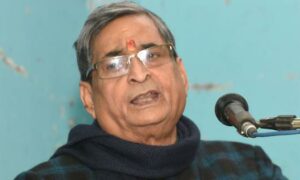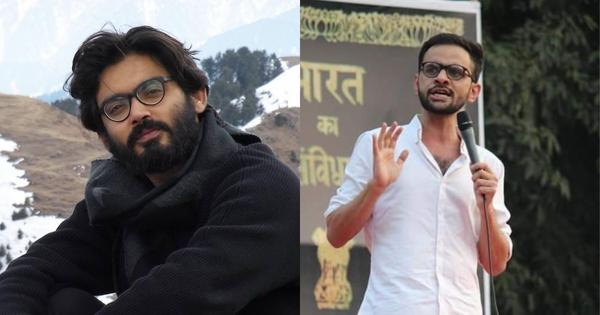
The Delhi Police on Thursday opposed the bail pleas of activists Umar Khalid, Sharjeel Imam and three others accused of being part of a “larger conspiracy” behind the 2020 Delhi riots, arguing that their alleged actions were part of a coordinated “regime change operation” carried out under the guise of civil dissent, the Hindustan Times reported.
In a 177-page affidavit filed in the Supreme Court, the police also alleged that Khalid was the chief conspirator behind the riots and had mentored Imam in planning the first phase of the violence, according to Live Law.
Khalid and Imam, along with Meeran Haider, Gulfisha Fatima and Shifa Ur Rehman, have challenged a judgement issued by the Delhi High Court on September 2, dismissing their bail applications.
The affidavit followed the Supreme Court’s direction on Monday, asking the police to submit their response to the applications by Friday.
The five activists were arrested between January and September 2020 in connection with the communal violence that broke out in North East Delhi in February 2020 between supporters of the contentious Citizenship Amendment Act and those opposing it. The violence had left 53 dead and hundreds injured. Most of those killed were Muslims.
The accused were charged under the Unlawful Activities Prevention Act, the Prevention of Damage to Public Property Act, the Arms Act and sections of the Indian Penal Code.
On Thursday, the police claimed in the affidavit that Imam’s WhatsApp chats from December 2019 showed his role in orchestrating the initial phase of the violence.
It added that Khalid conceptualised the idea of “chakka jam” as a means to provoke riots.
The affidavit also alleged that the motive of the disruptive “chakka jam” was to kill and injure police personnel and non-Muslims on a mass scale and to damage government and private property by engineering communal riots, Bar and Bench reported.
The police alleged that the accused sought to ignite communal tensions during the visit of United States President Donald Trump to “internationalise” the unrest and portray the government as discriminatory, the Hindustan Times reported.
Claiming that the violence followed a pattern, the police pointed to incidents of unrest that broke out around the same time in parts of Uttar Pradesh, Assam, West Bengal, Karnataka, Kerala, Maharashtra and Bihar, describing them as evidence of a “pan-India plan” rather than isolated flare-ups, the newspaper reported.
The affidavit also accused the petitioners of playing the “victim card” on the grounds of long incarceration, claiming that they were themselves responsible for delaying the trial for “mala fide and mischievous reasons”, Live Law reported.
“In the offences which strike at the very root of integrity of India [UAPA offences] ‘jail and not bail’ is the rule,” Live Law quoted the affidavit as saying. “The bail in the present case, specifically in view of the extreme severe gravity of the offence cannot be granted only on the ground of delay.”
Imam has been in custody since January 2020. Khalid was arrested in September 2020.
The accused have maintained that they were exercising their constitutional right to peaceful protest and that the “larger conspiracy” case is an attempt to criminalise dissent, the Hindustan Times reported.
They have argued that their prolonged incarceration amounts to punishment before conviction, as the trial court is yet to frame charges and dozens of witnesses remain to be examined.
They have also sought parity with the other co-accused in the case – student activists Asif Iqbal Tanha, Devangana Kalita and Natasha Narwal – who were granted bail in June 2021.
The Supreme Court is expected to examine both the question of delay and the legal threshold for bail under the Unlawful Activities Prevention Act when it hears the matter on Friday.
Also read: The price that Umar Khalid is paying for dissenting in Modi’s India
📰 Crime Today News is proudly sponsored by DRYFRUIT & CO – A Brand by eFabby Global LLC
Design & Developed by Yes Mom Hosting

